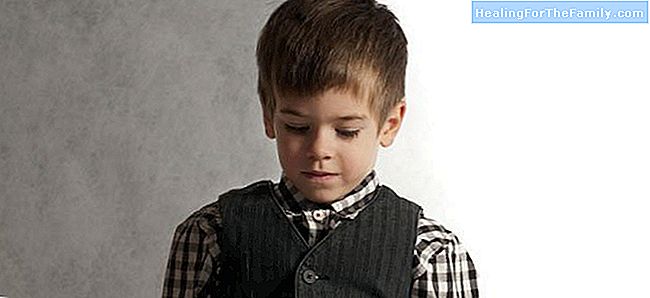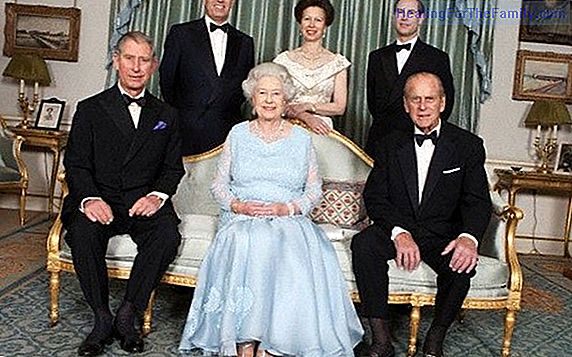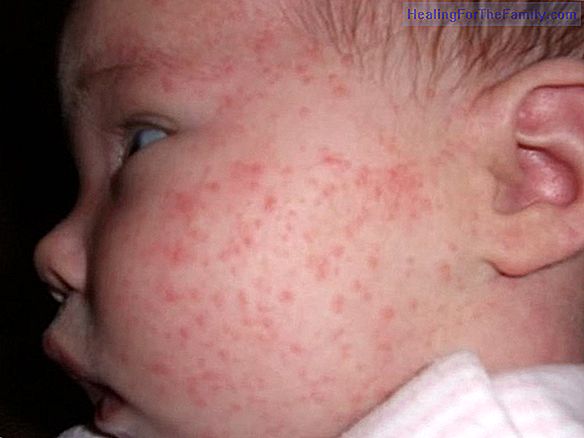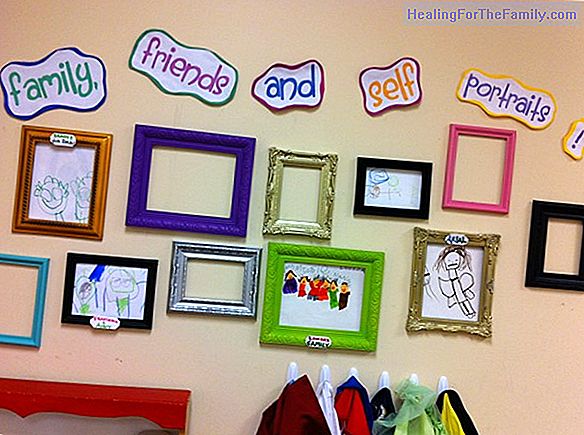The feeling of guilt in children
The feeling of guilt in children is not something innate, we are not born with it, we learn to feel guilty about the things we do or say as we grow and learn from social situations we live It is a feeling that is built gradually and that has to do with the moral development that the boy or girl is b
The feeling of guilt in children is not something innate, we are not born with it, we learn to feel guilty about the things we do or say as we grow and learn from social situations we live It is a feeling that is built gradually and that has to do with the moral development that the boy or girl is building throughout his life, but above all, the feeling of guilt has much to do with the parental style under which He has been educated.
From small we learn to blame others so as not to feel bad or to blame ourselves for almost everything that happens. The messages we receive from our parents or significant persons (teachers, grandparents, ...) of the type 'is because of you that ...' 'or'look what you have done, do not be ashamed! 'they influence us throughout our lives and make the feeling of guilt grow in us to a greater or lesser extent.Responsibility is not the same as blaming children
There are many theories that have been studied and tried to explain why some children are more prone to develop a feeling of guilt greater than others, and many agree that

the feeling of guilt it appears and occurs in situations of discipline in which parents, above all, show the negative consequences of their children's actions towards others. This type of discipline is a double-edged sword because, although children must learn the consequences of their behaviors or behaviors, many parents tend to use guilt as the only means of holding the child responsible for their actions. And this is where we are wrong,
it is not the same to blame as to blame .It is true that we must educate our children in what is right and what is not, establish norms and limits that help them understand the consequences of their actions, but we must do it from responsibility and not from guilt. Responsibility means teaching our children to do things knowing that doing them is doing the right thing, making them feel good not by obligation or fear of what might happen.
Accountability means educating in independence and autonomy, trusting in the abilities of our children, admitting the error as part of the development and the path that our children must draw.
Negative effects of guilt on children
Parents have an obligation to treat the child to assume the consequences of their actions without hurting their self-esteem. But if as parents we spent the day highlighting mistakes, pointing out how badly this or that thing has done, we will create insecure children who will feel guilty for not being the children that we expected to have. In the long run they will avoid making decisions or being spontaneous. They will feel fearful and probably lie more to avoid new reprimands that make them feel guilty. In short, we will be limiting our children, who will increasingly become more elusive, submissive and vulnerable.
Let's think that being constantly recriminating a child everything that he does wrong ends up seriously injuring his self-concept and his self-esteem. What produces a deterioration of their social skills and consequently a maladaptive way of relating with others and with himself.
In short, the guilt feeling is an emotion
highly destructive and paralyzing . Consequently, we should avoid saying to our children sentences of the style 'again because of you ...',"'you are the cause of ...' , 'because of you I feel ...', 'if you are not good nobody will love you ', ... phrases that feed the feeling of guilt and that lead to nothing because they are not educational, neither pedagogical nor emotionally acceptable.Sara Tarrés Corominas

Child psychologistInfant orientator












